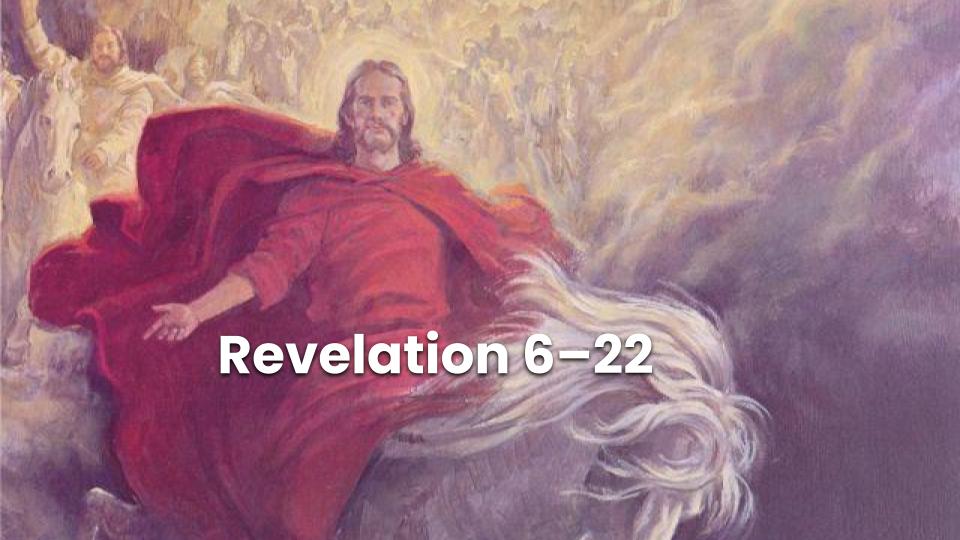Here are some ideas for learning and teaching some of the great principles in Matthew 6-7. And while you’re here, I recommend you check out my free online course, “Seeking Jesus.”
Short Clips from The Chosen
See this page for tips on teaching with “The Chosen.”
Matthew 5-7, Preparing for the Sermon on the Mount
Matthew 5-7, Giving the Sermon on the Mount, Season 3, Episode 1, time code 3:45-6:15, and 7:15-10:17 (If you only want to show a 3 minute clip, do 7:15-10:17)
Short Clips from Seeking Jesus
I’ve pulled out short clips from the “Seeking Jesus Course” connected to this week’s readings that you could use as a morning devotional or spiritual thought.
Follow me on Instagram or sign up here for more Come Follow Me insights.
Ideas for Teaching Matthew 6-7
The above short clip, Jesus says, “Don’t Worry” has some visual aids for teaching about not worrying, based on the Savior’s words in Matthew 6:25-34. Here’s a PowerPoint that has the visuals used in those clips based on what I wrote in The Founder of our Peace.
***
Here are two different object lessons you could use for Matthew 6:24, both drawn from my colleague Anthony Sweat:
Object Lesson #1: Have your students lift up one foot and swing it in a clockwise direction. Continuing to swing your foot in that manner, tell your students to start drawing the number 6 in the air with one of their hands. The foot will change directions! Have students read Matthew 6:24 and think about the applications between Christ’s teachings and this object lesson. Because we can’t go in different directions (literally) we have to make sure we are going the right way and serving the right master.
Object Lesson #2: Tape two lines about ten feet long across the front or back of your classroom that slowly diverge away from one another. Towards the end they should be far enough apart that if you kept one foot on each line you would eventually have to choose which side to stay on. Have as many students who want try and walk both lines as far as they can until they fall off or have to choose one side or the other. Ask students to apply this to the principle that no one can serve two masters. One application to consider is that the gap between righteous and wicked will continue to grow and eventually you have to take a side.
***
Matthew 7:1-5 is a perfect opportunity to help students connect the Savior’s words with their lives. Invite students to read Matthew 7:1-5 (including JST Matthew 7:1) and John 7:24. Ask students to describe the difference between “judging people” and making a “righteous judgment.” (President Dallin H. Oaks has some fabulous insights on this, you could have students explore parts of his talk).
Because students often have the idea “don’t judge” drilled into their minds it’s important to help them realize that, as President Oaks says, “We must, of course, make judgments every day in the exercise of our moral agency…We all make judgments in choosing our friends, in choosing how we will spend our time and our money, and, of course, in choosing an eternal companion.”
With some scriptural principles regarding judging firmly in place, give students some relevant scenarios in which they can try to apply these principles. It might be helpful to have students create their own nuanced scenarios, where the answer might not be clear cut and then share them with classmates to stimulate discussion about various scenarios. Here’s an example of a case study that I recently used when teaching young adults (it might need to be modified for teaching younger students). The case study appears in italics with discussion questions in bold.
Tammy is 23-years old and has been home from her mission for 2 years. She served in the Florida, Ft. Lauderdale mission speaking Spanish and loved it. She is now a student at Brigham Young University studying Finance. She is looking forward to graduating next year, and hopes to find her eternal companion before she graduates since she thinks it will be harder to find somebody after she’s left Provo.
Tammy has dated a lot and rarely feels like she clicks with the men she dates. But for the past month she has been dating Jeff and she really likes him. Jeff is a year older than Tammy; he served his mission in Argentina. Jeff recently graduated from college and is working for an accounting firm.
One Saturday morning, Tammy and Jeff got together for a short walk around a park. Tammy was surprised to see that Jeff was not wearing his temple garments.
Jeff could tell Tammy was looking at him funny and he said, “For me, a walk is exercise, and I don’t wear my garments when I exercise.” Tammy felt it was better to always wear the temple garment unless it really was unreasonable not to do so. To Tammy it seemed reasonable to wear the garment when walking around the park, but she didn’t say anything.
The next day, (Sunday) Tammy and Jeff went to church together. Tammy loved hearing Jeff sing the hymns—his voice was beautiful! After church, Tammy invited Jeff to come over for dinner, but Jeff said, “Sorry I can’t. I made plans with my roommate to go shopping this afternoon.”
Again, Tammy was surprised by Jeff’s behavior—she had always been taught that you shouldn’t go shopping on the Sabbath.
Later that afternoon Tammy was pondering her situation with Jeff. He was obviously free to make whatever choices he wanted, but if she was going to seriously pursue a relationship with him, his choices would affect her as well. “Based on the events of this weekend,” Tammy wondered, “Should I break up with Jeff?”
What do you think Tammy should do in this situation?
Tammy decided to initiate a conversation with Jeff and kindly shared with him her standards about wearing the garment and Sabbath day worship.
Jeff calmly and politely told Tammy that he supported her standards and also told her she had no right to judge him or tell him what to do. She can do what she wants with temple garments and the Sabbath Day, and she should let him do the same.
What do you think Tammy should do next?
Suppose Tammy decides to break up with Jeff. Does this mean that Tammy is “judging” Jeff? Why or why not?
Assume that Tammy strives to follow the prophet and hopes to raise children who do the same. Obviously, every couple is going to have some differences in what they feel is appropriate. As Tammy is looking for an eternal companion, what type of behavior in the people she dates would be sufficiently serious so as to cause Tammy to not pursue a relationship with them?
***
I hope these resources are helpful to you in your learning and teaching this week!
Do you want more learning and teaching tips for Come Follow Me? Follow me on Instagram or sign up here for emails with insights on Come Follow Me.






